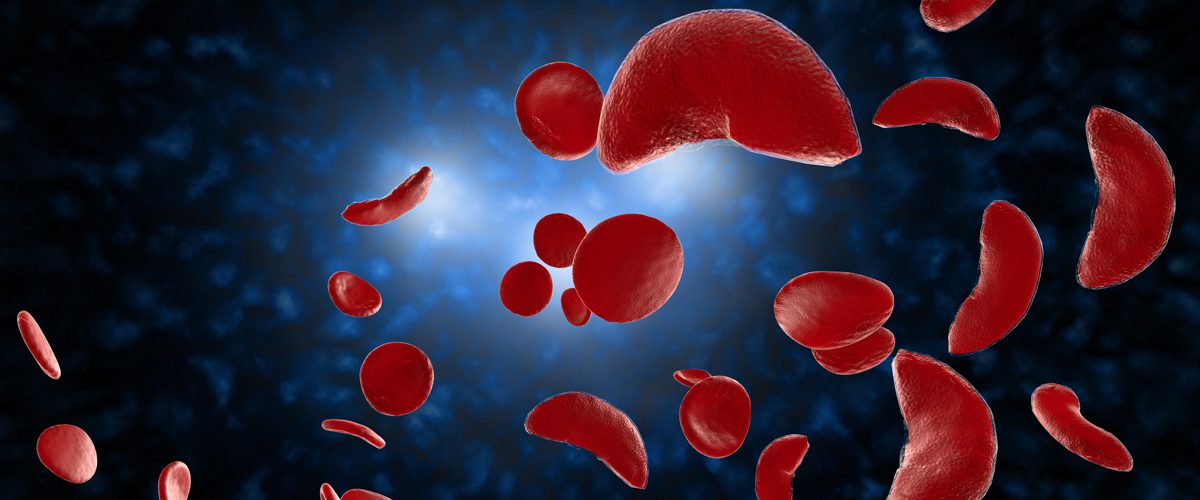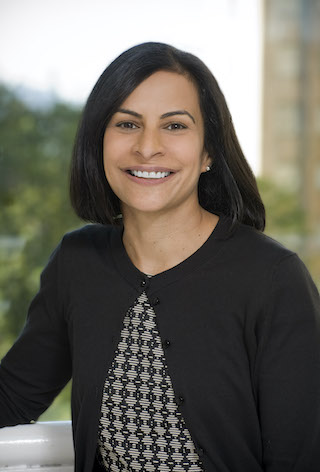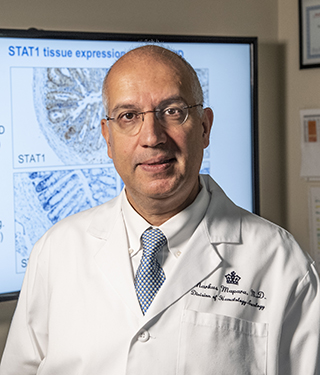FDA Approves First Gene Therapies to Treat Sickle Cell Disease
One of the treatments, CASGEVY, is the first approved therapy in the United States to use CRISPR gene-editing technology.

Two cell-based gene therapies for sickle cell disease, a group of inherited red blood cell disorders, were granted approval by the Food and Drug Administration (FDA).
One of the therapies, called CASGEVY, will be the first to treat a genetic condition like sickle cell disease with a gene-editing technique called CRISPR. The novel treatment was developed by Vertex Pharmaceuticals and CRISPR Therapeutics. A second approval was granted to Lyfgenia, developed by Bluebird Bio., for a therapy that utilizes a gene-modifying approach for the treatment of sickle cell disease.
Patients 12 years of age and older who have had recurrent with vaso-occlusive crises, or pain episodes, will be eligible for the treatments. These pain episodes are a severe symptom and primary cause of sickle cell disease hospitalization.

Dr. Monica Bhatia
“Sickle cell disease is a chronic, debilitating condition,” says Dr. Monica Bhatia, a pediatric hematologist-oncologist and director of the Pediatric Stem Cell Transplant Program at NewYork-Presbyterian Morgan Stanley Children’s Hospital. “Today’s approvals mean that many more patients will have an option to treat the disease.” Dr. Bhatia led the Columbia team that treated adolescent sickle cell patients with Casgevy during its multi-center clinical trials.
In the United States, sickle cell disease is the most common inherited blood disorder. More than 100,000 Americans and 20 million people around the globe live with the disease. Estimates from the Centers for Disease Control and Prevention show that one out of every 365 Black or African Americans and one out of every 16,300 Hispanic Americans in the U.S. are born with sickle cell disease.
The safety and efficacy of the treatment has been studied in a Phase 1/2/3 clinical trial since 2018, which includes adolescent and adult patients ages 12 to 35 with severe sickle cell disease and who had at least two severe vaso-occlusive crises per year during the 2-year period before enrollment. A total of 44 patients received the treatment in the trial. The multisite trial was held at 10 locations around the U.S., which included NewYork-Presbyterian/Columbia University Irving Medical Center.
A bone marrow transplant is a treatment that offers a potential cure for sickle cell disease, but a patient would need a donor who is a full match, typically a sibling, explains Dr. Bhatia. “The issue is that only around 15% of patients with the disease have a sibling donor,” she says. “Around 90% to 95% of patients are cured from sickle cell disease after a bone marrow transplant, for those who do have a match. But for people who do not, cell-based gene therapies are ideal, especially for patients who have had repeated pain episodes.”
Understanding Sickle Cell Disease and Gene Therapies
Sickle cell disease affects hemoglobin – the protein in red blood cells that carries oxygen throughout the body. “Red blood cells, formed in the bone marrow, are normally round, easily making their way through blood vessels,” says Dr. Bhatia. “But due to a genetic mutation, patients with the disease produce abnormal hemoglobin, which causes crescent-shaped red blood cells that tend to block blood flow, resulting in serious complications for people living with the condition, like strokes, pain crises, and infections that often require hospitalization.”
A protective factor against the formation of crescent-shaped red blood cells (the hallmark of sickle cell disease) is fetal hemoglobin — a type of hemoglobin that everyone has until they are born. “After birth, the production of fetal hemoglobin is turned off by a gene called BCL11A, which serves as an off-switch,” says Dr. Markus Mapara, a hematologist and director of the Blood and Marrow Transplantation at NewYork-Presbyterian/Columbia University Irving Medical Center, who led the Casgevy clinical trial at the academic medical center.

Dr. Markus Mapara
After birth, fetal hemoglobin production is turned off and replaced by adult hemoglobin, hemoglobin A in healthy individuals. In patients with sickle cell disease, it is replaced by hemoglobin S, leading to the development of sickle shaped red blood cells. “The premise of Casgevy is to use CRISPR to edit the BCL11A gene to flip the switch to enable the production of fetal hemoglobin and thereby preventing the red blood cells from sickling,” says Dr. Bhatia.
Patients who received Casgevy in the clinical trial have had increases in fetal hemoglobin by month 6 that were maintained thereafter, says Dr. Mapara, resulting in little to no severe vaso-occlusive crises in the two year trial.
The treatment is an involved process. “The process to receive this treatment takes several stages, as the person’s own cells must be collected and treated before being delivered back into their body,” adds Dr. Bhatia. “But the changes in hemoglobin have been sustained. With Casgevy, for example, we are seeing patients with greater than 80% of the edited cells in their bone marrow.”
“The therapy has generally been very safe,” she adds. “The side effects we see are more from chemotherapy, such as concerns with infertility, and mental health. In terms of mental health, patients are relieved from the effects of sickle cell disease and do not have to be in the hospital all the time, but they go through a process of learning a new way of life, one without a disease that took so much of their time before.”
Dr. Mapara says that having a dedicated psychiatrist at NewYork-Presbyterian/Columbia University Irving Medical Center to provide psychological support for patients undergoing transplant and treatment was a major asset.
“For adult patients, for example, sickle cell disease has been the center of their existence,” he says. “This has impacted all aspects of their lives, from their jobs, education to social interactions with families and friends. It is important for patients to have support with their mental health during and after therapy, as they navigate life after treatment.”
To continue to evaluate the long-term safety and efficacy of Casgevy, long-term follow up studies on patients who received the therapies is underway.
Says Dr. Bhatia: “As long as patients continue to sustain higher amounts of fetal hemoglobin and the response is durable, then there is a lot of promise for this new treatment.”
Markus Mapara, M.D., Ph.D., is a hematologist and director of the Adult Blood and Marrow Transplantation at NewYork-Presbyterian/Columbia University Irving Medical Center and a professor of medicine at Columbia University Vagelos College of Physicians and Surgeons. Dr. Mapara is an adult hematologist and oncologist who specializes in the care of patients with sickle cell disease and certain blood cancers undergoing bone marrow transplantation/cell therapy. His research is focused on developing novel approaches to make bone marrow transplantation and cell therapy safer for patients.
Monica Bhatia, M.D., is the director of the Pediatric Stem Cell Transplant Program at NewYork Presbyterian Morgan Stanley Children’s Hospital and associate professor of pediatrics at the Columbia University Vagelos College of Physicians and Surgeons. Dr. Bhatia specializes in the care of children with noncancerous blood disorders who may benefit from bone marrow transplantation, especially those with sickle cell anemia. She and her colleagues are working to make bone marrow transplants more available to patients and to reduce the side effects and complications of the treatment without compromising its effectiveness.

